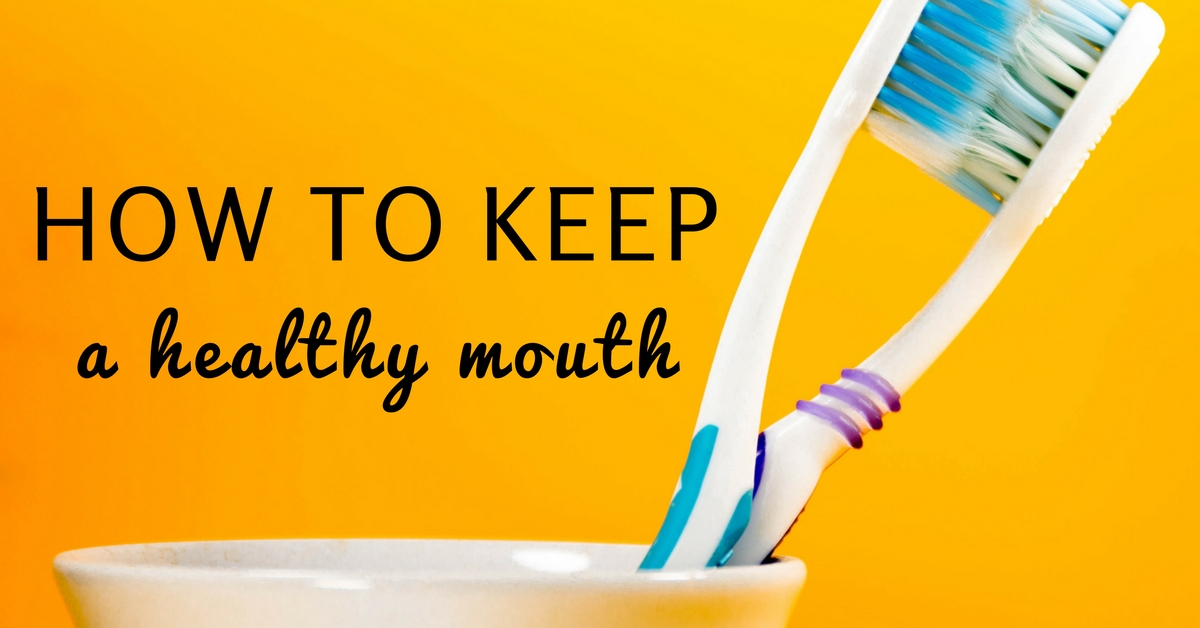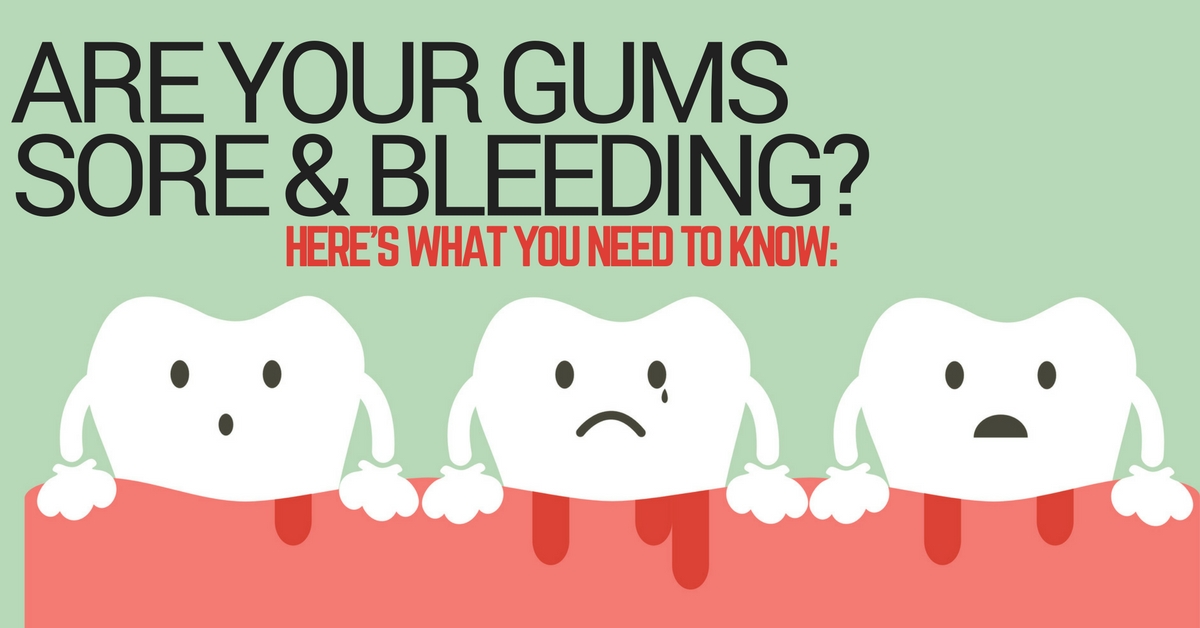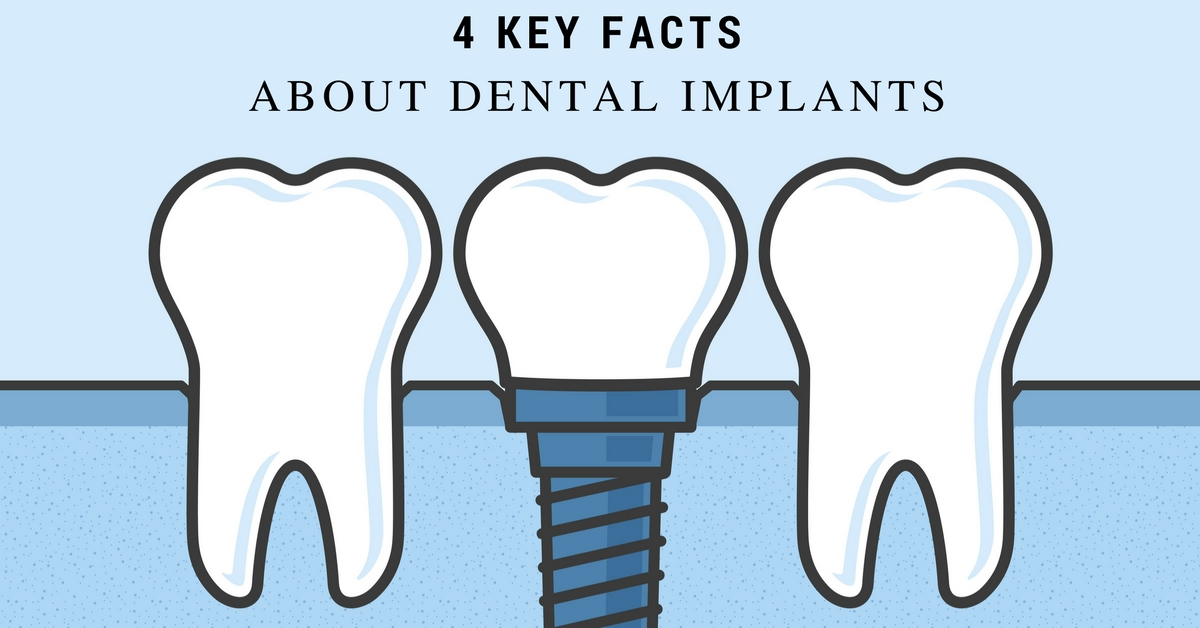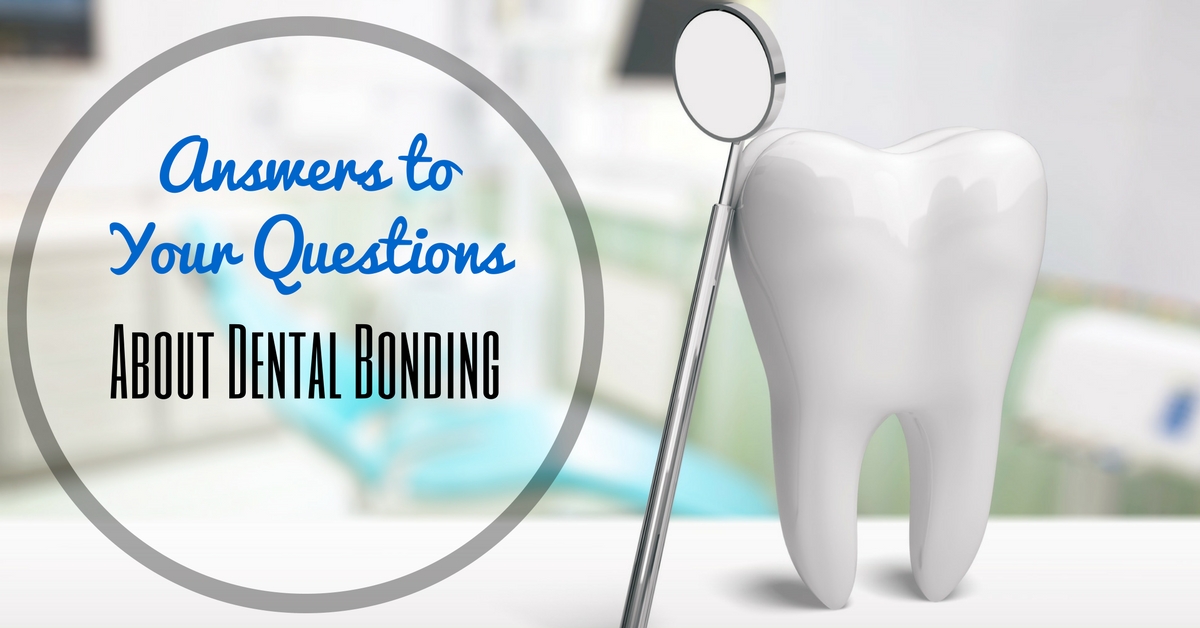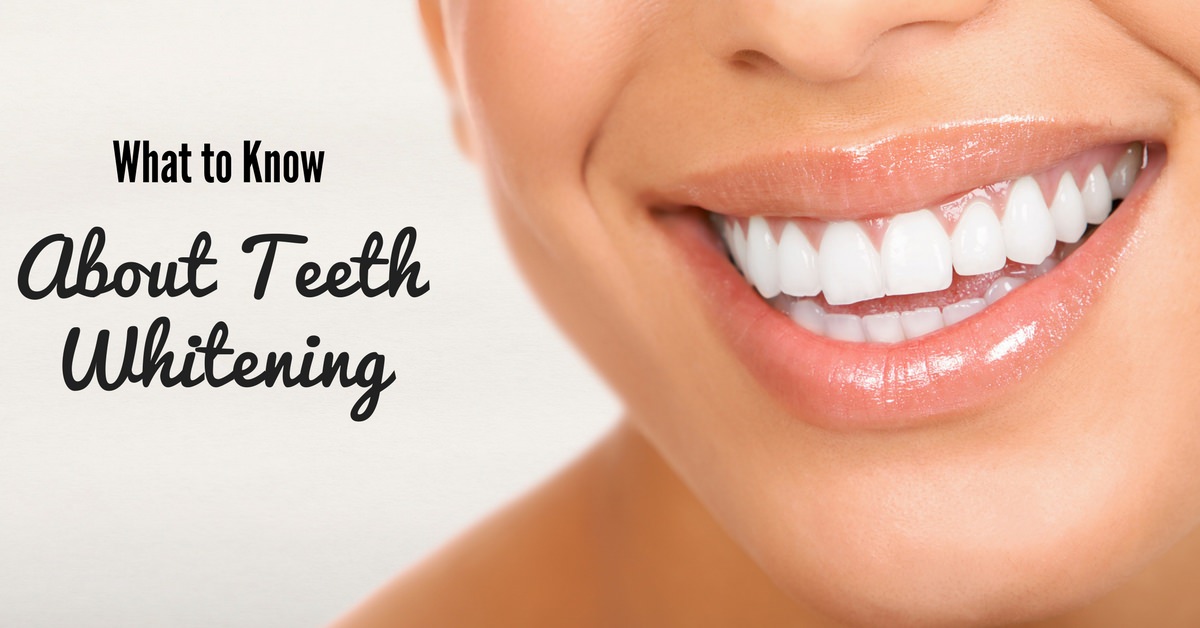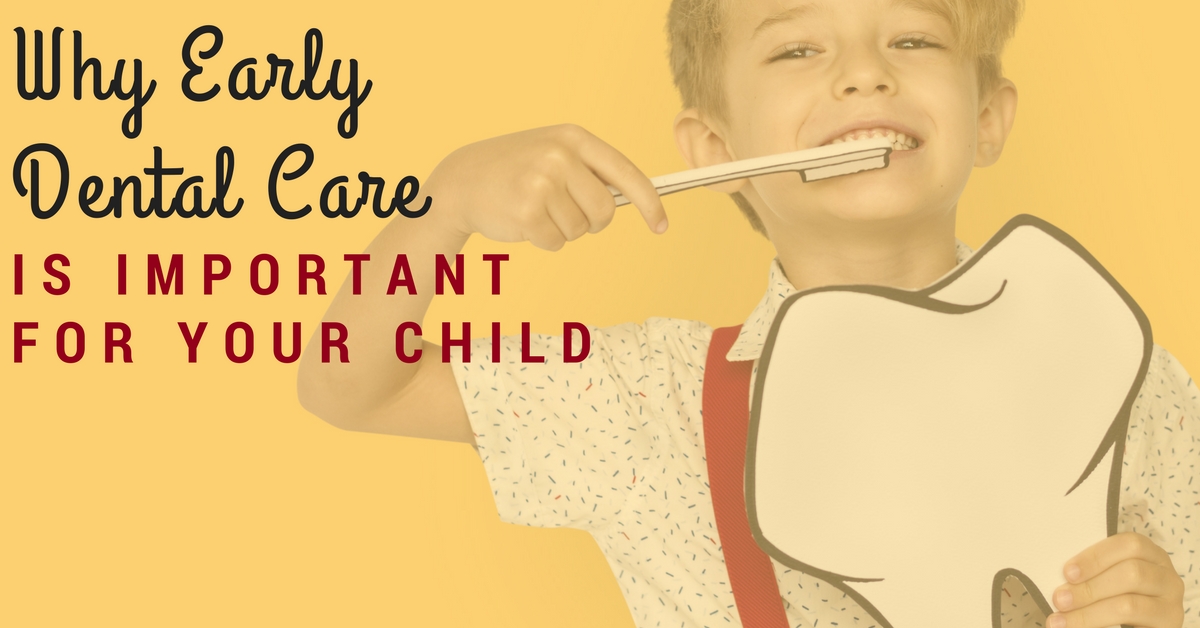
It’s true, your baby’s teeth will eventually fall out and make way for adult teeth. However, it doesn’t mean these baby teeth should be ignored. In the early stages making sure your baby’s teeth are healthy is very important. A proper at-home regimen combined with pediatric care can protect your baby’s mouth. Early care can help them bite properly, chew their food, and speak clearly. As baby teeth fall out, they leave gaps for the adult teeth. Making sure the baby teeth are aligned and in the right position will cause fewer problems in the future. These are great reasons why early dental care is so important.




